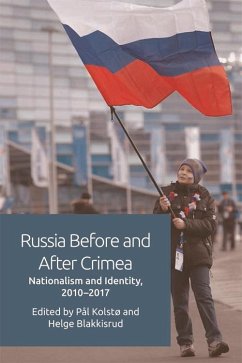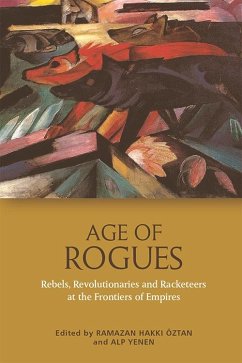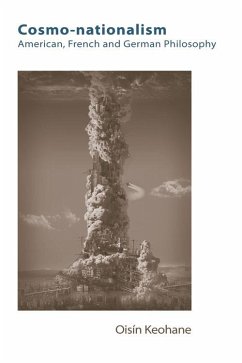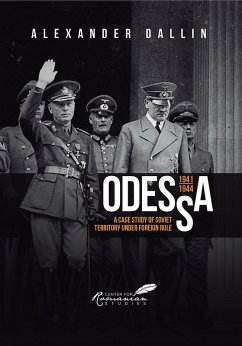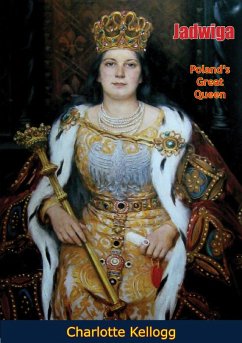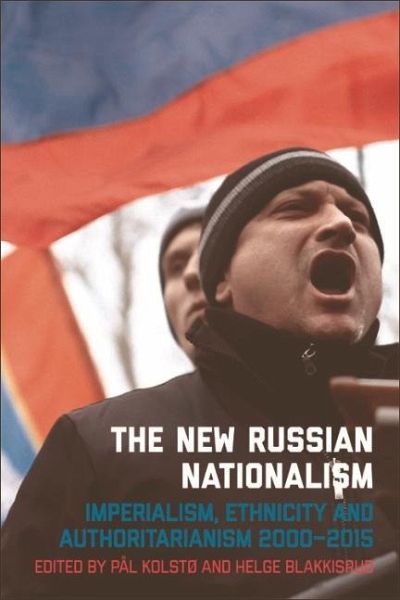
New Russian Nationalism (eBook, ePUB)
Imperialism, Ethnicity and Authoritarianism 2000--2015
Redaktion: Kolsto, Pal; Blakkisrud, Helge
Versandkostenfrei!
Sofort per Download lieferbar
3,99 €
inkl. MwSt.
Weitere Ausgaben:

PAYBACK Punkte
2 °P sammeln!
Russian nationalism, previously dominated by 'imperial' tendencies - pride in a large, strong and multi-ethnic state able to project its influence abroad - is increasingly focused on ethnic issues. In 2014, Russia's annexation of Crimea and the subsequent violent conflict in Eastern Ukraine utterly transformed the nationalist discourse in Russia. This book provides an up-to-date survey of Russian nationalism as a political, social and intellectual phenomenon by leading Western and Russian experts in the field of nationalism studies. It includes case studies on migrantophobia; the relationship ...
Russian nationalism, previously dominated by 'imperial' tendencies - pride in a large, strong and multi-ethnic state able to project its influence abroad - is increasingly focused on ethnic issues. In 2014, Russia's annexation of Crimea and the subsequent violent conflict in Eastern Ukraine utterly transformed the nationalist discourse in Russia. This book provides an up-to-date survey of Russian nationalism as a political, social and intellectual phenomenon by leading Western and Russian experts in the field of nationalism studies. It includes case studies on migrantophobia; the relationship between nationalism and religion; nationalism in the media; nationalism and national identity in economic policy; nationalism in the strategy of the Putin regime as well as a survey-based study of nationalism in public opinion.
Dieser Download kann aus rechtlichen Gründen nur mit Rechnungsadresse in A, B, BG, CY, CZ, D, DK, EW, E, FIN, F, GR, HR, H, IRL, I, LT, L, LR, M, NL, PL, P, R, S, SLO, SK ausgeliefert werden.




